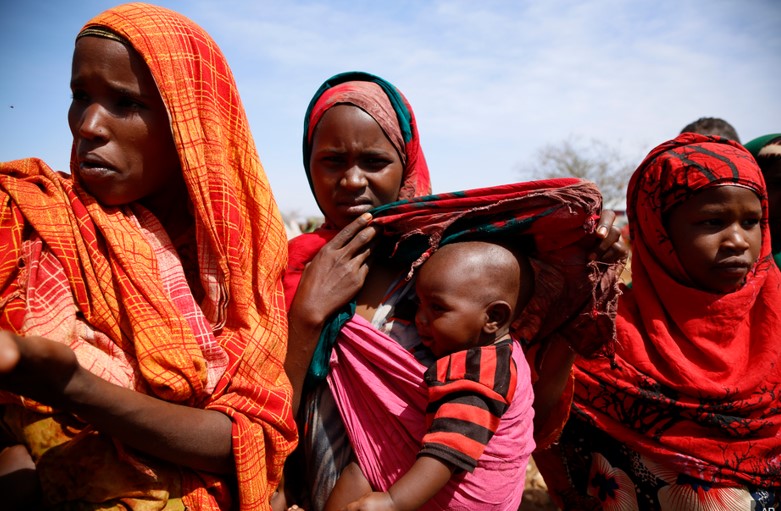Women, Violence, and the Unfulfilled Promise of the Maputo Protocol
Post By Diaspoint | August 1, 2023

Twenty years after the adoption of the Maputo Protocol by the African Union, inequality and discrimination against women are still on the rise in Africa. To fight this trend, the African Union needs to look to the example of western nations.
According to women’s rights advocacy group UN Women, violence against women and girls remains one of the most prevalent human rights violations worldwide, occurring every day in every corner of the globe.. While the UN’s figures indicate the global average of around 30%, based on a 2020 study, approximately 44% of women in Africa face gender-based violence. And studies show cases of sexual violence and femicide in Africa increased during the COVID-19 pandemic.
On July 11, 2003 the African Union (AU) adopted the Maputo Protocol, also known as the African Charter on Human and Peoples’ Rights on the Rights of Women in Africa, to address women’s rights in Africa and promote their well-being in various spheres of life, including social, political, and economic. The act has since been ratified by 42 member states under the AU. However, this legal instrument has been ineffective at curbing violence against women. This is due to the numerous barriers that have hindered its implementation, as well as weak reporting mechanisms within the African Commission.
The primary barrier limiting the Protocol’s impact is the absence of a unified body to ensure its implementation in governing member states. Moving forward, the African Union must develop robust monitoring and reporting mechanisms to ensure that member states’ laws align with the Protocol’s provisions.
Currently, national laws work against the Protocol, perpetuating the gender inequality that leads to the physical, economic, and psychological abuse exercised on African women. For example, consider Malawi, where women account for 70% of Africa’s food production, yet by law often do not have secure access to land. Or Guinea and Somalia, where over 90% of women and girls aged 15 – 49 have undergone some form of genital mutilation often as a prerequisite for marriage or entrance into womanhood.
Such practices go against the Maputo Protocol Articles V and VI that prohibit and condemn all forms of harmful practices and guarantee equality for women. Tackling these issues will mean conducting comprehensive reviews of existing legislation and enacting new laws to address gaps and inconsistencies by the African Union and the African Union Member States.
Read More from original source
